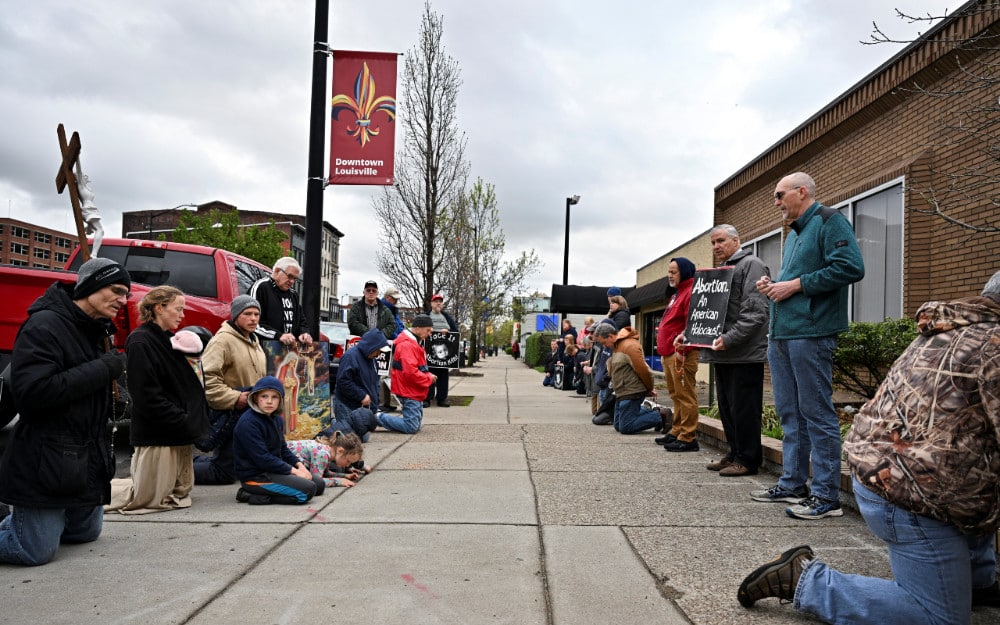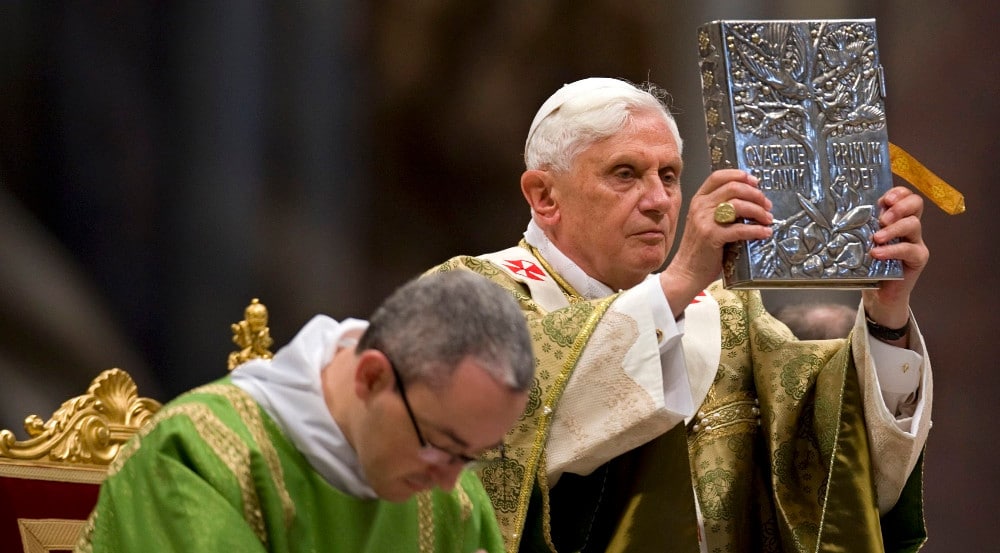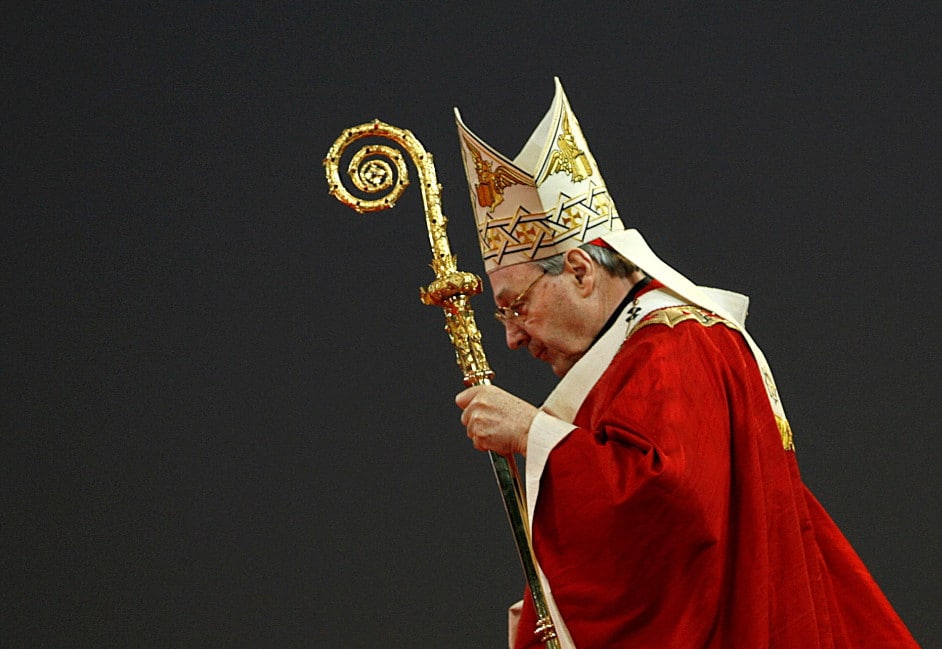 Question: I bought a 14-carat medal and would like to bless it. I don’t have anywhere to go, so I bought some blessed and consecrated water online, so hopefully I can do it myself. I was also sent a prayer to say as I sprinkle the water. Is this OK to do? Will it be blessed?
Question: I bought a 14-carat medal and would like to bless it. I don’t have anywhere to go, so I bought some blessed and consecrated water online, so hopefully I can do it myself. I was also sent a prayer to say as I sprinkle the water. Is this OK to do? Will it be blessed?
— Name, location withheld
Answer: There are certain blessings a layperson can give. For example, a parent can confer a blessing on their children. The blessing of objects, however, is generally reserved to the clergy. Sprinkling with holy water is good and can bring a blessing to the person or object touched by the water. However, to formally bless the object itself is the duty of priests and, to some extent, deacons.
I am not sure what you mean when you say that you don’t have anywhere to go. If, by this, you mean you cannot reasonably locate a priest, what you have done certainly can’t hurt. Further, it is not required for religious objects to be blessed in order to have a good effect. When a priest is reasonably available, you can present it for a blessing. Further, some deacons have the faculty from the bishop to confer many blessings. Hence, you can consult with a deacon if they are more available than a priest.
Teaching about angels
Question: What do Catholics believe about angels? Do they have the power to work miracles?
— Kia Hampton, via email
Answer: The Catechism of the Catholic Church provides a general summary of Catholic teachings. It is summarized here, but you are encouraged to look up the full passage and also see there the Scriptural roots of Catholic teaching on Angels:
“The existence of the spiritual, non-corporeal beings that Sacred Scripture usually calls ‘angels’ is a truth of faith. … The angels are servants and messengers of God. … Angels have intelligence and will: they are personal and immortal creatures, surpassing in perfection all visible creatures, as the splendor of their glory bears witness. … Angels have been present since creation and throughout the history of salvation, announcing this salvation from afar or near and serving the accomplishment of the divine plan: they closed the earthly paradise; protected Lot; saved Hagar and her child; stayed Abraham’s hand; communicated the law by their ministry; led the People of God; announced births and callings; and assisted the prophets, just to cite a few examples. … From its beginning until death, human life is surrounded by their watchful care and intercession. ‘Beside each believer stands an angel as protector and shepherd leading him to life'” (CCC, Nos. 328-336).
As for angels working miracles, properly speaking, no, they cannot work miracles. Scripture affirms: “[God] alone has done great wonders” (Ps 136:4).
St. Thomas Aquinas teaches: “A miracle properly so called is when something is done outside the order of nature. It is not enough for a miracle if something is done outside the order of any particular nature; for otherwise anyone could perform a miracle by throwing a stone upwards, as such a thing is outside the order of the stone’s nature. So for a miracle it is required that it be against the order of the whole created nature. … Whatever an angel or any other creature does by its own power, is according to the order of created nature; and thus it is not a miracle. God alone can work miracles” (Summa Theologica, Pars Prima, q. 110, art. 4).
Some of their works which seem miraculous to us can simply be them acting according to their nature. For example, they can move at the speed of thought since they have no bodies. This can seem quite miraculous to us, but for them it pertains to their nature to do so. Generally when something is done by a power or means unknown to us, we tend to call it a miracle as regards ourselves. However, it may just be an angel using its normal powers. Angels can move things in ways we know not. But our lack of knowledge about this does not make it a miracle. If an angel does work a miracle, it is only because God works it through them.
St. Thomas continues: “Some angels are said to work miracles; either because God works miracles at their request, in the same way as holy men are said to work miracles; or because they exercise a kind of ministry in the miracles which take place; as in collecting the dust in the general resurrection, or by doing something of that kind.”
Msgr. Charles Pope is the pastor of Holy Comforter-St. Cyprian in Washington, D.C., and writes for the Archdiocese of Washington, D.C. at blog.adw.org. Send questions to msgrpope@osv.com.







